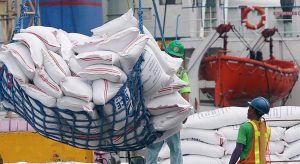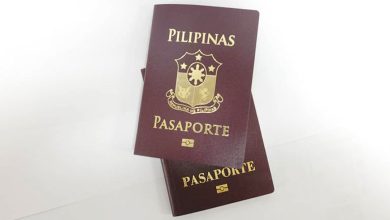Rice import deadline reduced to 30 days

THE Department of Agriculture (DA) said rice traders must now observe a 30-day deadline to bring in their rice imports, counting from the date of the issuance of the Sanitary and Phytosanitary Import Clearance (SPSIC).
Memorandum Circular (MC) 53 signed by Agriculture Secretary Francisco Tiu Laurel, Jr. amends MC 43, which had given most ASEAN imports 60 days to arrive in the Philippines, and 90 days for grain from Myanmar and other countries.
The new deadline is “30 days, regardless of the country of origin,” according to MC 53.
The DA said all the grain shipments are still subject to plant quarantine procedures upon arrival at Philippine ports.
The DA projects rice imports to come in under the 3.8 million metric tons (MT) forecast of the US Department of Agriculture.
In October, the Indian government allocated a 295,000 MT quota for non-basmati white rice to the Philippines.
The DA said importers must fully utilize their SPSICs under threat of sanction for non-compliance.
“Low or no utilization of SPSICs may result in sanctions and penalties in accordance with the guidelines, as this can create discrepancies in the forecasting being done in relation to the availability of rice,” it added.
Mr. Laurel told a House of Representatives committee earlier that he had instructed traders to use up permits for an additional 1 million MT of rice, also within 30 days, to bolster supply.
As of Nov. 16, rice imports amounted to 2.93 million MT, according to the Bureau of Plant Industry.
“The (DA) recognizes the need to ensure enough supply and buffer stock to ensure availability, accessibility and affordability of safe rice,” it said.
The rice inventory was 2.04 million MT in early October, according to the Philippine Statistics Authority.
The DA estimates a rice harvest this year of 20 million MT, which would exceed the 19.76 million MT posted in 2022.
Sought for comment, Samahang Industriya ng Agrikultura Executive Director Jayson H. Cainglet said that the memorandum will “weed those importers with low or no utilization.”
“The real problem is that prices where we import most of rice (Thailand and Vietnam) continue to increase… The folly of relying on the vagaries of the world market has once again been exposed,” Mr. Cainglet said in a Viber message. — Adrian H. Halili




